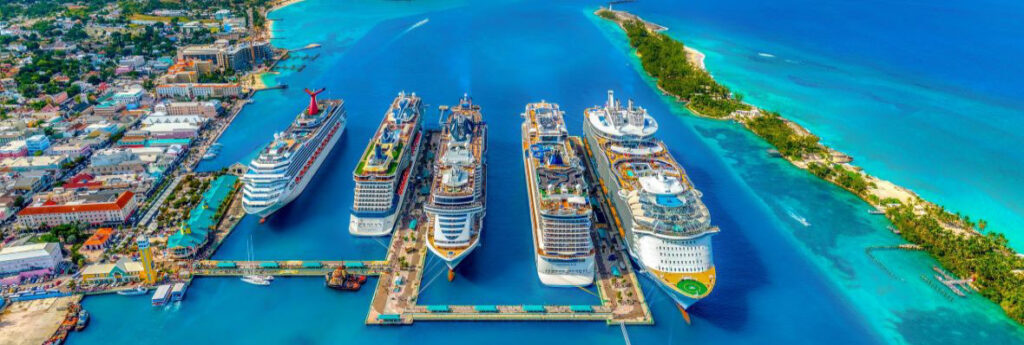Cruise industry leaders at the industry’s first European Summit devoted to decarbonization of cruise said they are committed to the cause but can’t do so without governments also doing their part.
Senior cruise leaders at the recent Cruise Lines International Association (CLIA) European Summit in Genoa called on governments to join in the effort by “creating the right regulatory framework and investments to match the industry’s commitment” to accelerate development and delivery of sustainable maritime fuels and technologies necessary to achieve net-zero carbon cruising by 2050.
Amidst an industry drive to innovate, cruise lines are investing significantly in research projects and new innovative technologies aimed at improving their environmental performance, they said, but cautioned that vessels are “only one part of the equation.”
Specifically, the industry the said will need access to adequate infrastructure and supply of sustainable fuels to achieve their objectives.
“The cruise industry shares a vision with European governments of a sustainable blue economy,” said Pierfrancesco Vago, Executive Chairman, MSC Cruises and Global Chair of CLIA in opening the Summit. “The industry is stepping up and can deliver on our promises. (But) clear support from decision-makers is needed to ensure that the right infrastructure is developed and is accessible, and that the right incentives can guarantee the development and delivery of sustainable maritime solutions.”
Marie-Caroline Laurent, CLIA’s Director General in Europe, added: “It is essential that we now need a clear legislative framework to encourage the investment and innovation that will be required for industry to achieve the 2030 EU Fit for 55 objectives and ultimately our 2050 ambitions.”
A panel of cruise lines, shipyards, manufacturers, port operators and fuel producers met to discuss potential alternative fuels and technologies on the horizon to deliver zero-emission cruising. They said that capacity to produce renewable marine fuels at scale remains very limited, with more focus on other transport modes, and said the industry needs adequate incentives and support mechanisms from governments to secure the supply of future sustainable fuels for the maritime sector.
Vago identified port infrastructure as another important area where public finance investment is essential.
CLIA says its members have committed to use shoreside electricity (SSE), where offered by ports, and 66% of the global fleet will be equipped to connect to SSE by 2027. Yet, only a handful of cruise berths provide SSE in European ports and the European Union goal is for all main ports in the continent to be equipped by 2030.
CLIA’S Laurent concluded that the industry efforts are key to its future in Europe, as the sector pursue its vision to become “the most sustainable form of tourism” by reducing emissions at sea and in ports, and fully implementing the concept of circularity for waste.
The Summit took place as CLIA confirmed its membership in the Sustainable Fuel Alliance, which is focused on boosting production and supply of renewable and low-carbon fuels in the aviation and waterborne sectors and brings together organizations that share a vision for the future value chain of sustainable fuels.

